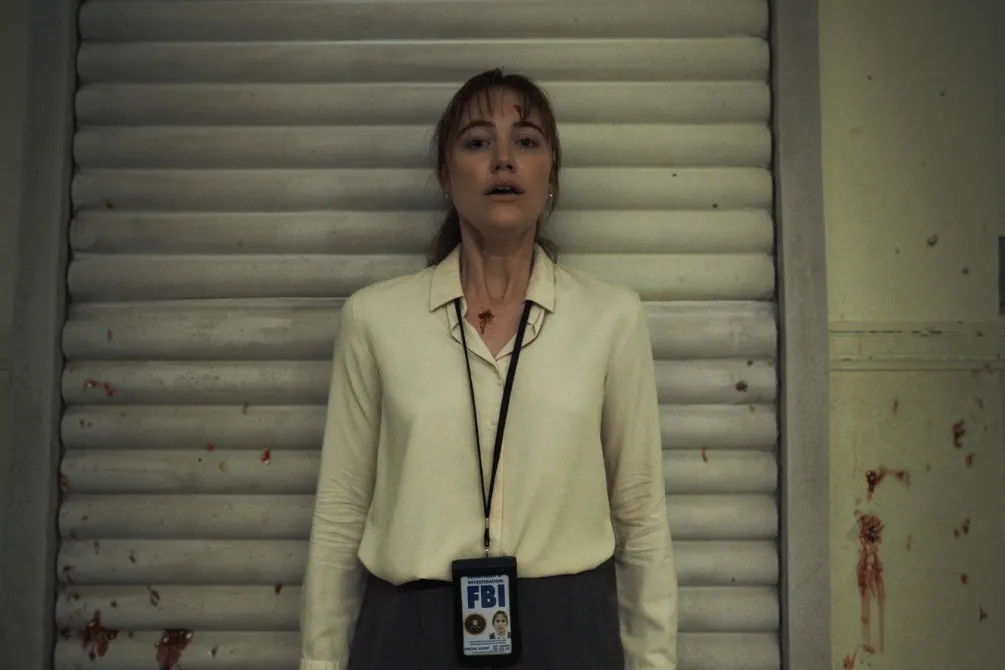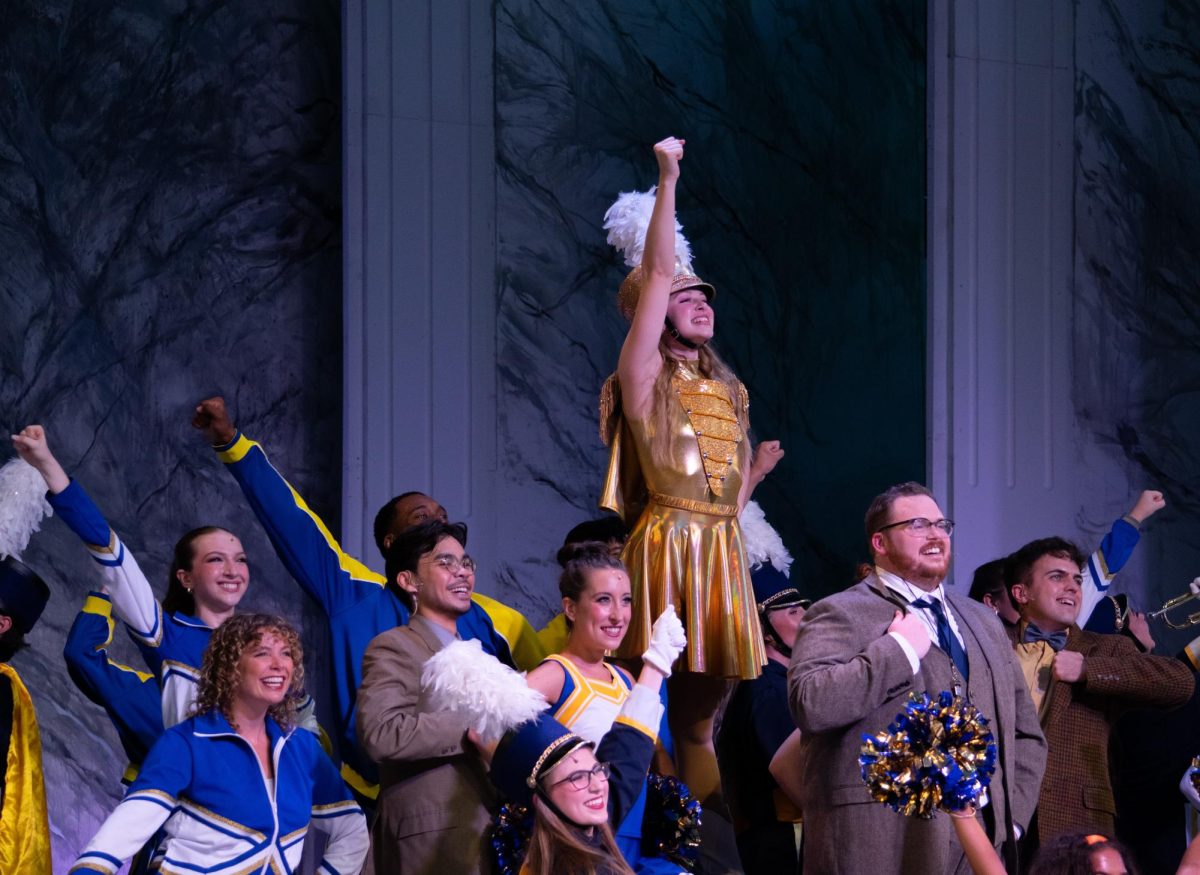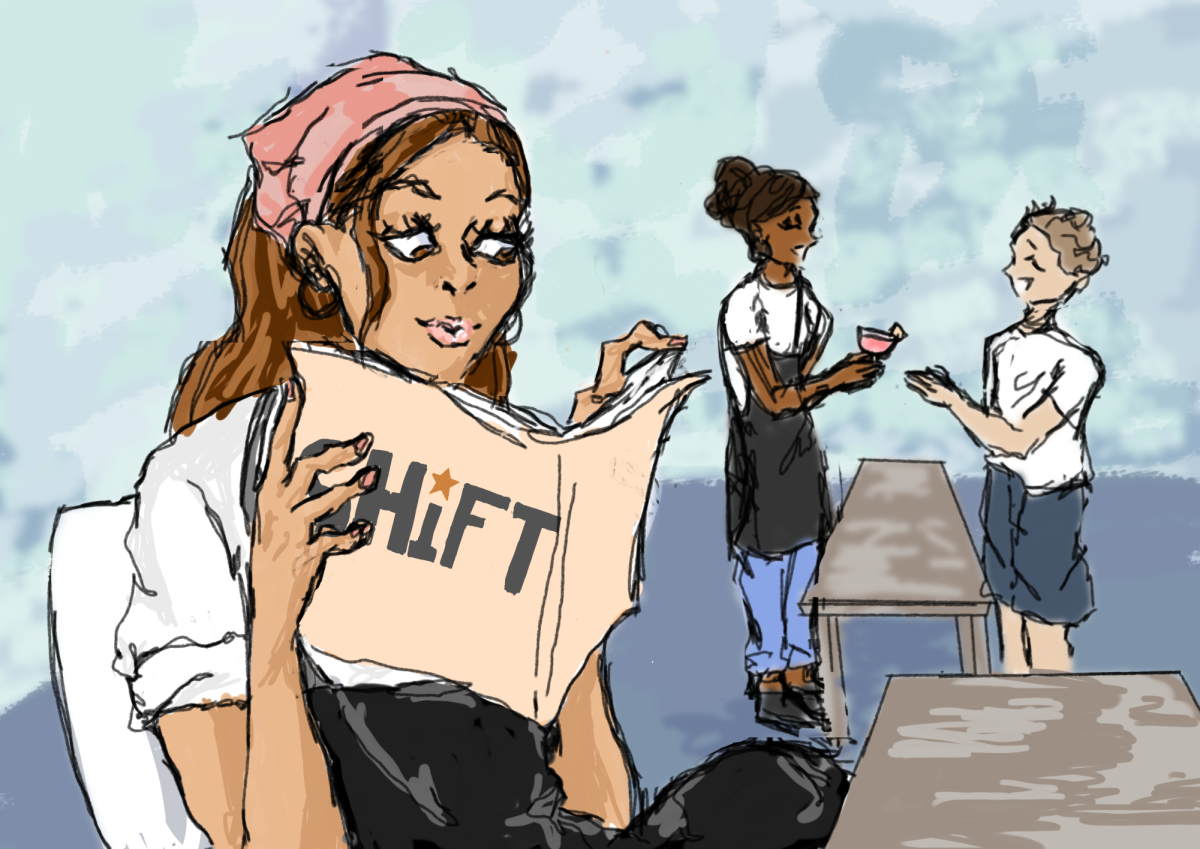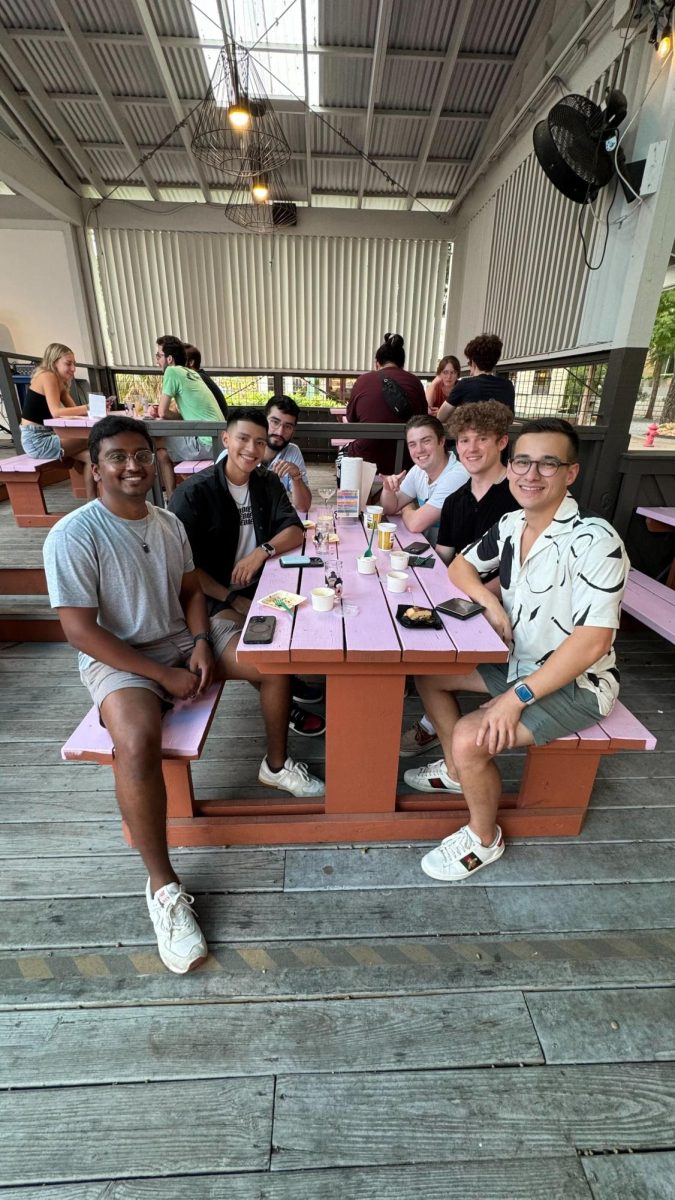“What is this, an iPhone?” a character gawks in Gary Shteyngart’s latest novel, “Super Sad True Love Story: A Novel.” This sort of tech-minded snobbery and a departure from anything eternal is present throughout the narrative and makes the story an interesting, relatable read.
Like any dystopian novel, “Super Sad True Love Story” links all its social calamities to current political concerns. Set in the United States in the near future, the novel’s events take place against the backdrop of an ongoing oil war with Venezuela, a huge debt owed to China, a puppet president and a youth-obsessed culture.
The “super sad” aspect of the book manifests itself in the rambling diary entries of Lenny Abramov, the 39-year-old son of a Russian immigrant. One of the last literate Americans, Lenny often struggles between his love for literature and his even greater love for a youthful, bitter, Korean-American woman named Eunice.
Lenny and Eunice’s relationship is short-lived and awkward, as consumerism has a choke hold on the society they live in. Each character’s credit rating is made publicly available on each block, advertising their monetary worth. Buying into her culture’s mentality of money over romance, Eunice secretly pines for the affection of a younger man with a highly sought-after job at LandO’LakesGMFordCredit. Most citizens carry an “apparat” — an iPhone-like device that allows users to view anyone’s current location, ranking of sexual desirability and family history — essentially eliminating any sense of privacy.
The beauty of the novel is that despite the characters’ differences, they all share the same internal struggle, one that is strikingly similar to present-day anxieties: They wish to be eternally youthful but are limited by their past or their heritage. Lenny’s graying hair and love of all things tangible make him an outcast, especially at his job in Post-Human Services, an organization seeking to elongate the lives of “High Net-Worth Individuals.” Similarly, though Eunice is up-to-date on adolescent lingo, products and attitudes, her abusive Korean father binds her to an older, more traditional world.
Whether or not Shteyngart’s work will accurately predict the future of our country, his creative means of storytelling and ability to capture human struggle in a light, entertaining manner will be remembered — as long as we remain literate.
Grade: A














